Ecological Crisis Feed
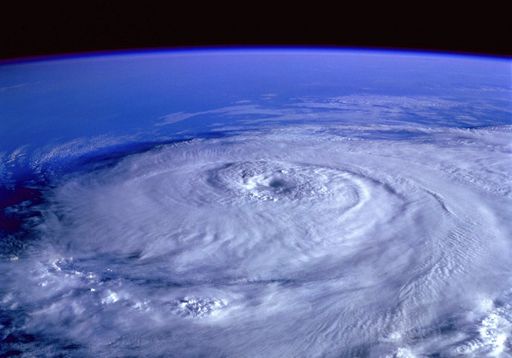
Climate Change: The Amplifying Factor Behind Devastating Hurricanes
Scientists warn that climate change is making hurricanes, like "Helene" and "Milton," more intense and destructive. Warmer oceans provide the necessary energy for increasingly powerful storms, which have devastating consequences for the affected regions.

The Future of Our Food: How Technology and Innovations Could Revolutionize Our Diet
By the year 2050, our world will be populated by over ten billion people. But how can the Earth feed all these people while climate change drastically alters agriculture?
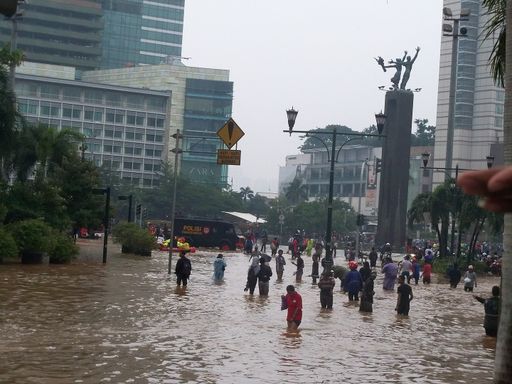
Jakarta - The Sinking of a Metropolis into the Sea
The capital of Indonesia is a region most affected by climate change and the associated rise in sea level - especially the north of the city, which sinks by 25 centimeters each year.
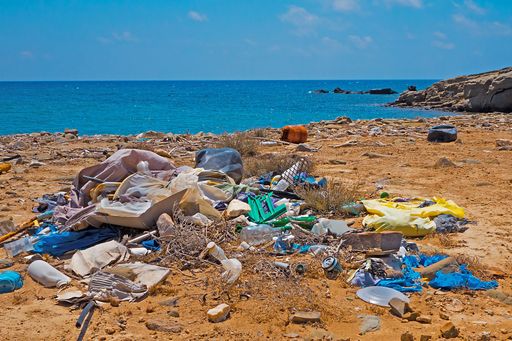
The Plastic Flood: An Ocean of Trash and Its Devastating Consequences
Plastic waste is choking our oceans, threatening marine life, and entering our food chain as microplastics. What measures can help combat this global crisis?
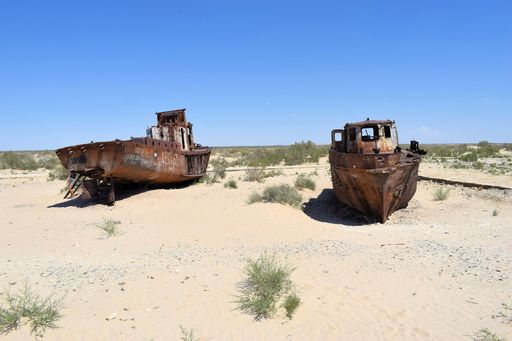
The Aral Sea - the largest ecological disaster on Earth
What was once a massive inland sea has nearly disappeared within just one generation. In the 60s, the Aral Sea was the fourth largest lake in the world.
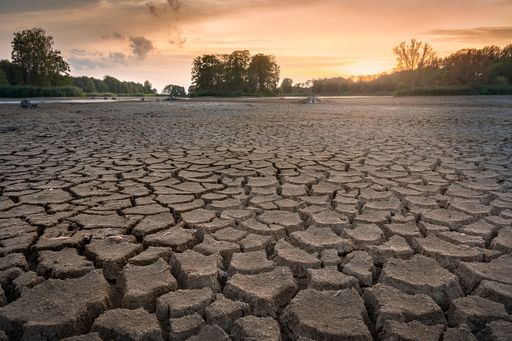
The Impact of Climate Change on Water Resources
Our planet is facing a water crisis: Despite vast bodies of water, billions of people lack access to clean drinking water. The limited fresh water supply is unevenly distributed and threatens the livelihood of billions.
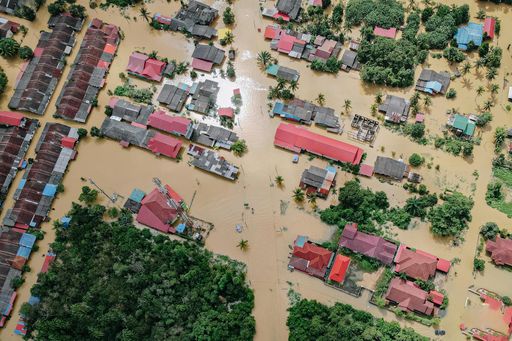
The Rise of Sea Levels
Will Venice sink into the sea? Yes, it's only a matter of time, as climate scientists predict. The rise in sea levels is supported by numerous measurements – and it's accelerating.

The effects of climate change
The effects of climate change are already visible and noticeable today. These changes are irreversible for the current living generation. As long as humanity continues to release greenhouse gases into the atmosphere, the situation will worsen.
